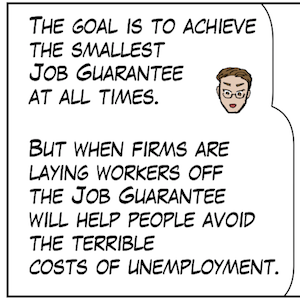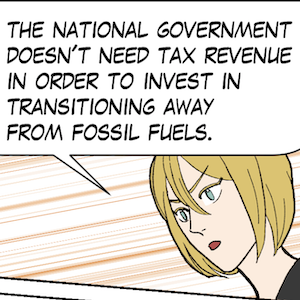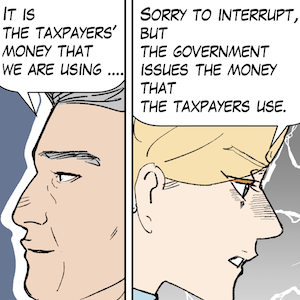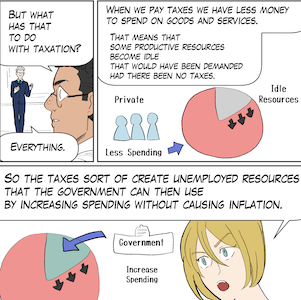Today (November 27, 2024), the Australian Bureau of Statistics (ABS) released the latest – Monthly Consumer Price Index Indicator – for November 2024, which showed that the annual underlying inflation rate, which excludes volatile items continues to fall – from 3.5 per cent to 3.2 per cent. The overall CPI rate (including the volatile items) rose slightly from 2.1 per cent to 2.3 per cent, but that was mostly due to the timing of government electricity rebates between October and November. In other words, the slight rise cannot be interpreted as signalling a renewed inflationary spiral is underway. All the indicators are suggesting inflation is declining and the major drivers are abating. The overall rate has been at the lower end of the RBA’s inflation targetting range (2 to 3 per cent) for four successive months now, yet the RBA continues to claim they fear a wages breakout and that unemployment needs to increase. The RBA has gone rogue and its public statements bear little relationship with reality. It is clear that the residual inflationary drivers are not the result of excess demand but rather reflect transitory factors like weather events, institutionally-driven price adjustments (such as indexation arrangements), and abuse of anti-competitive, corporate power. The general conclusion is that the global factors that drove the inflationary pressures have largely resolved and that the outlook for inflation is for continued decline. There is also evidence that the RBA has caused some of the persistence in the inflation rate through the impact of the interest rate hikes on business costs and rental accommodation.






